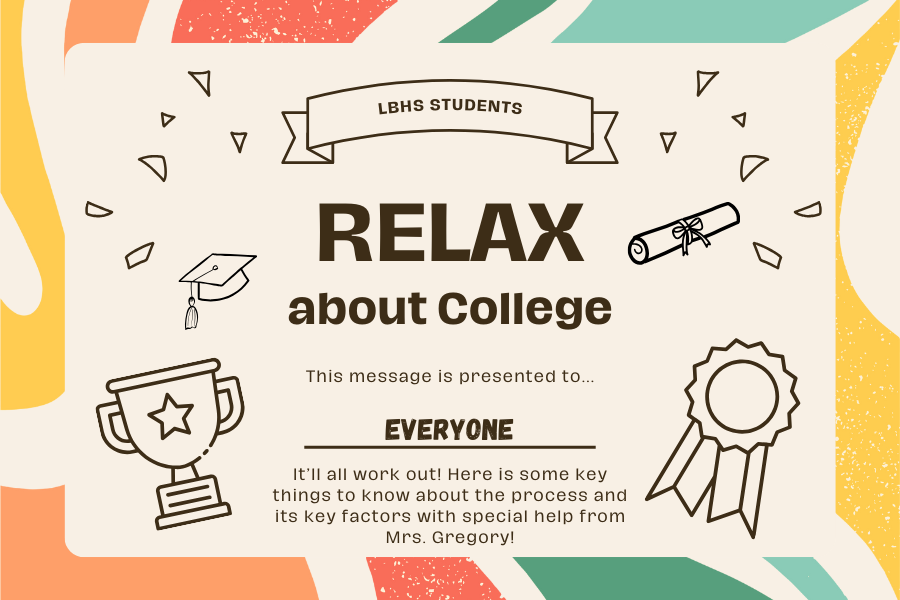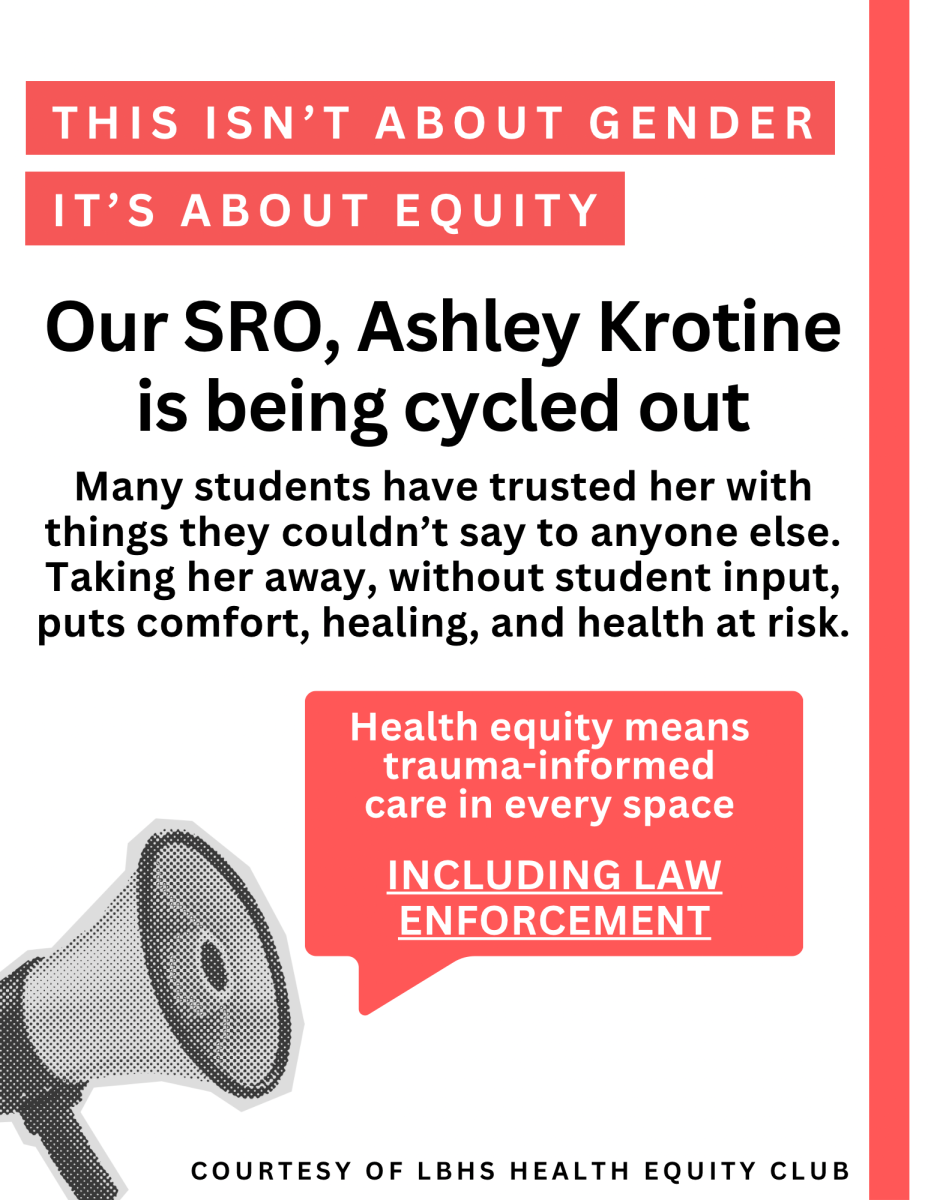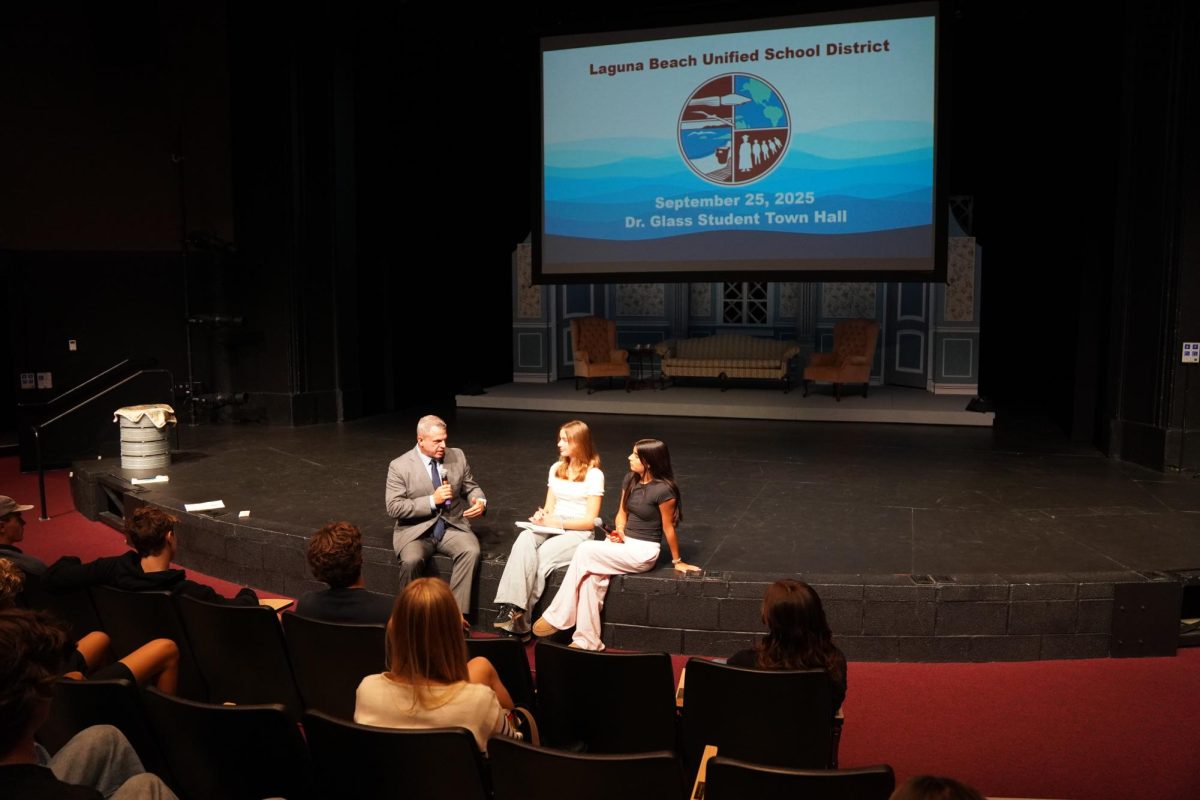For many students, choosing a college feels like a maze of stress and uncertainty. As seniors send in some applications, juniors start thinking about potential locations, programs, and careers. Some still don’t know what they want to do, and the underlying problem is that they don’t understand that this is entirely okay.
The pressure of getting into top schools lingers in the minds of many upper-level students as they hope to reach the heights academically and financially as their parents may have. Schools with low acceptance rates are the “good schools” and are the only option in the opinion of many students. It’s Harvard or bust, the UCs or failure, a selective dream school or disappointment.
Expectations will always be high for most. However, the key is realizing what those expectations should be. The only way to become a top-notch engineer is not simply to attend Berkeley; fantastic universities scattered across the nation and the world can offer their own personal, astonishing experiences and programs.
“Even schools that aren’t necessarily a “reach” for you can be options; for example, I want to go into engineering, and the University of Texas, Austin, has an amazing engineering program,” said LBHS junior Dorian De Quillien. “While it may not be an Ivy League school, that does not determine its potential for me and my career.”
This insight correctly demonstrates that the future does not lie in the hands of “top” universities; it’s up to the student and what they hope for in their future. Intended majors also factor in selection rates as some schools have strong departments for specific fields such as finance but could have a more moderately selective engineering college (one that accepts a more significant percentage of applicants than highly selective departments).
Cost should also be key in decisions, especially when taking a moderate financial path. “Attending a college that offers a strong academic program, a supportive social environment, and financial affordability is essential, said LBHS College and Career Specialist Lynn Gregory. “Students should consider tuition and additional costs like room and board, fees, books, and transportation.”
Taking on extreme student debt can limit financial liberties after graduation and may affect important life decisions, such as purchasing a home or starting a family, preaches Gregory. She highlights that “understanding the true cost of each college and weighing it against their potential future earnings will help students make an informed choice that supports their long-term well-being.”
One term that keeps many students from attending colleges well-suited to them is “good school.” Seniors think only schools like Yale, Princeton, or UCLA can make them look intelligent, accomplished, and ready for the world. Gregory preaches that the term “is too broad and subjective, especially regarding selective schools; what constitutes a “good” school depends on a student’s goals, values, and personal preferences.” A university may fit a student in every way and have top-notch academics, but this could not fit another student. Factors should include academic programs, campus culture, social environment, location and size, and growth opportunities.
While many things determine a decision for a senior or a thought process for a junior, it’s key to remember that it’s all about you and what makes you you! Below are some key advice and resource recommendations from Mrs. Gregory’s Fountain of Knowledge. Stay calm, do your best work, and stay true to yourself! It will all work out.
What resources should students seek out to learn more about the college process?
College and Career Center: We can provide valuable guidance and insights tailored to the student’s academic record and needs.
College Admissions Representatives: Attending college fairs or visiting campuses allows students to engage with admissions staff and ask questions specific to their interests.
College Websites and Brochures: Directly visiting college websites can provide detailed information about programs, financial aid, campus life, and more.
Current College Students and Alumni: Speaking with current students or alumni can provide an honest perspective on what life at a particular college is truly like.
Educational Workshops and Webinars: Many organizations and schools offer workshops on college applications, financial aid, and other aspects of the college search.
Parents and Family Members: While they may not know all the details of the college application process, they can provide important emotional support and share their experiences or insights.
Advice for Seniors and Juniors
To seniors choosing a college: Remember, the college process can feel overwhelming, but it’s ultimately about finding a place where you’ll grow academically, personally, and socially. Trust in the hard work you’ve put in and know that the right school for you is not always the one with the biggest name or lowest acceptance rate. It’s the one that feels right for your goals and your well-being. Don’t be afraid to choose a path that feels unconventional or different from your peers—this is your journey, and it’s okay to make it unique to you.
To juniors who are anxious about the college process: The college journey is a marathon, not a sprint. Take the time to explore your interests, build strong academic habits, and start researching schools that align with your values and goals. Don’t rush the process or stress over every detail right now. Focus on doing your best and finding what feels right for you. Remember, you are more than your GPA, test scores, or college list—what matters most is your character, your drive, and the passion you bring to whatever path you choose. Remember, colleges are interested in students who are interesting. The best is yet to come!














